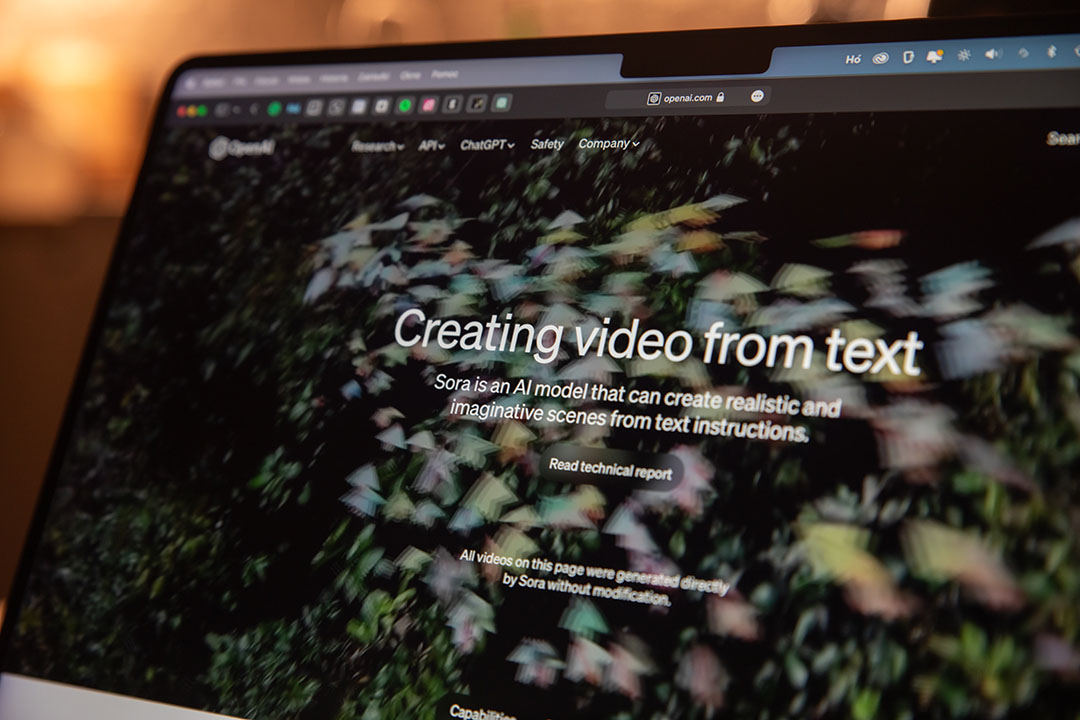The Digital Production Partnership (DPP) is a thoroughly British concept. Its major sponsors include the BBC, ITV, Channel 4 and Sky. From its earliest inception, DPP was an initiative forged by the British broadcast industry, for the British broadcast industry.
So why is it that in my day-to-day dialogue with executives in and around the Hollywood studio community DPP is frequently raised and I’m asked for regular updates on its progression? Without doubt, AmberFin has been a big supporter of DPP initiative from day one. With people on our team such as my colleague Bruce Devlin – who is co-author of SMPTE’s MXF specification – we really know our onions when it comes to intra- and inter-company file-based media workflows, so who better to ask than AmberFin? But I believe this US interest in an inherently UK initiative goes much deeper than technical curiosity and is fueled by commercial considerations on a global scale.
Can the DPP initiative support a global industry?
As we all know, today’s broadcast media market is entirely global. International markets offer tremendous opportunities for broadcasters to maximize their revenues. The BBC’s Top Gear programme, for example, has become a global phenomenon and is watched by more than 350 million viewers in 170 countries – each broadcaster in each market having their own delivery specification and without doubt, there is a significant amount of duplicated pain associated with the necessary testing of delivery specs – especially when upgrading software and systems.
In order to maximize global revenues, more and more versions of material are created to satisfy this demand. Standards such as SMPTE’s IMF (Interoperable Master Format) address the need to “publish” multiple versions of a media asset for shipping to the ‘despatch’ company, which is typically a Post House.
Now standards such as DPP in the UK and the tongue-tripping, US-originated Joint Task Force on File Formats and Media Interoperability (JTFFFMI) provide delivery specifications for a commercially significant territory. The underlying ethos of both of these initiatives is that they reduce overall system complexity without affecting business flexibility and through this they make very sound commercial sense for anybody involved in this market, on either side of the Mill Pond.
JTFFFMI – now there’s an acronym to be proud of!
The JTFFFMI is a new industry group that has recently been formed by AMWA, SMPTE, NABA, 4A’s, ANA, EBU and the IABM. The kick-off meeting took place last week in New York and I attended. So far, it is too early to tell if any of the practices and specifications deployed by the DPP will be utilised in the US, but without doubt, the DPP is providing a valuable testing ground and insight as to the best practices and potential pitfalls that manifest themselves in this area.
Having been involved with the DPP from the earliest stages, I applaud their approach. The DPP’s intention was never to be dictatorial and impose its preferred flavor of MXF. It has created a forum where all interested parties, including broadcasters, facilities and equipment vendors, can come together and evolve a set of application specifications that are most appropriate for the UK.
What will happen in fall?
Without doubt, not everything that is appropriate to the UK will necessarily be equally appropriate to other regional markets, but what the DPP has achieved is to break the back of this herculean challenge and create a blueprint that will help any other territories develop their own application specifications for MXF-based file-based workflows.
This time, it really is rocket science and this is why Hollywood, and indeed, many other areas of North America are closely watching the development and deployment of DPP.
With 30 years in the industry, Bruce looks after Media Technology for Dalet. An engineer who designed antennas, ASICs, software, algorithms, systems and standards, Bruce is best known for being @MrMXF and you can get his book on Amazon.
More Articles By Bruce



